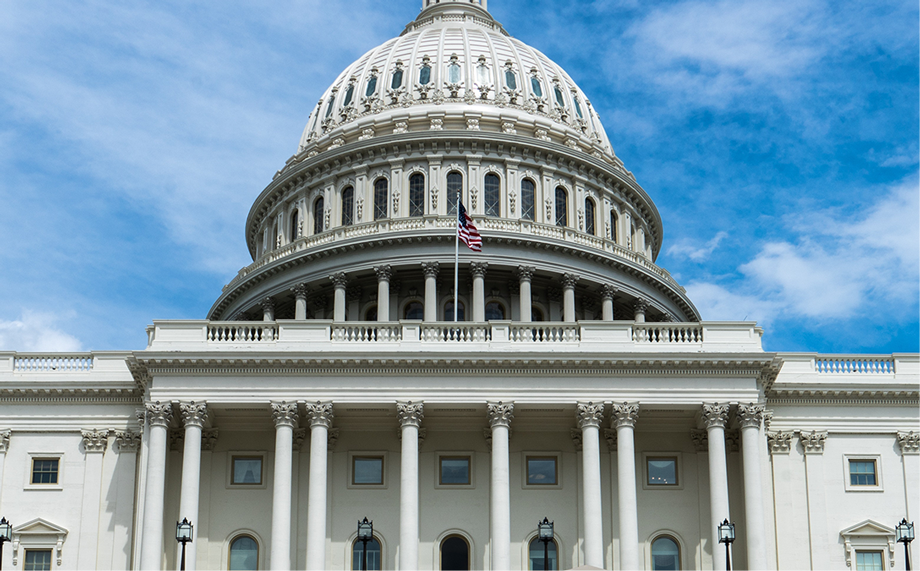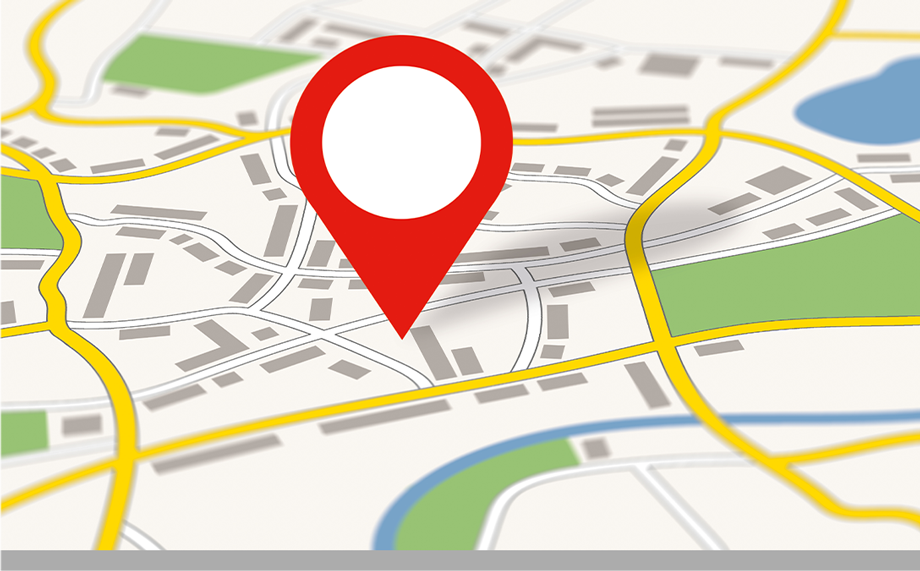Welcome to the Mississippi State Profile Page! This page features a sample of survey and research results from a comprehensive review of state and local home modification activities across the country. It has a special focus on the aging population and the efforts of State Units on Aging, Area Agencies on Aging, and Native American aging service programs that are funded by the Older Americans Act Title VI Grants for Indian Tribal Organizations.
STATE PROFILE: Mississippi

Mississippi
A State Profile of Home Modification Activities
SPOTLIGHT ON STATE LEVEL HOME MODIFICATION ACTIVITIES
This section shares information that demonstrates the need for home modification in this state and highlights some of the state’s important home modification efforts, policies, and funding sources.
SPOTLIGHT ON LOCAL HOME MODIFICATION EFFORTS
How are agencies across the country responding to their communities’ home modification needs? Read about stand-out home modification efforts the aging network is conducting in this state.
Check back as new updates will be posted periodically! Have any changes or additions? Please contact homemods@usc.edu
SPOTLIGHT ON STATE LEVEL HOME MODIFICATION ACTIVITIES
Home Modification and Repairs for Older Adults: Challenges and Opportunities for State Units on Aging: This report by the USC Fall Prevention Center of Excellence and ADvancing States reports on a national survey
MISSISSIPPI DEPARTMENT OF HUMAN SERVICES: DIVISION OF AGING AND ADULT SERVICES (State Unit on Aging)
State Units on Aging (SUAs) are designated state-level agencies that develop and administer state plans that advocate for and provide assistance, including home modifications or repairs, to older residents, their families, and adults with physical disabilities. SUAs administer funds, including Older Americans Act funds, which may be used to support home modification or repair services through local Area Agencies on Aging and other state and local entities.
The Mississippi Division of Aging and Adult Services partners with the Low-Income Weatherization Assistance Program to weatherize hundreds of homes annually, which increases the energy efficiency to lower energy costs. It also conducts health and safety measures in homes, and makes referrals to other organizations if a family needs additional services not covered by the Weatherization Program.
MISSISSIPPI STATE DEPARTMENT OF HEALTH: FALL PREVENTION PROGRAM
Program Description: The Mississippi State Department of Health provides the evidence-based falls management program, A Matter of Balance, across the state at no cost to participants. This 8-week group training equips older adults with ways to reduce the fear of falling and increase activity levels. Participants set goals to increase activity, engage in exercise to increase strength and balance, and learn how to change their environment through home modifications to reduce fall risk factors.
Population Served: Ambulatory older adults age 60 years and older who have fallen in the past and seek to reduce fall risks.
MISSISSIPPI DEPARTMENT OF HUMAN SERVICES: COMMUNITY SERVICES
The Low-Income Weatherization Assistance Program
Program Description: This program is designed to increase the energy efficiency, health and safety of the homes of older adults and people with disabilities. Services include installing insulation, weather stripping, caulking, and furnace repair/replacement. Services are performed by local community action agencies which can also provide additional services according to the programs they administer.
Population Served: Mississippi residents age 18 or older who meet income eligibility requirements.
MISSISSIPPI DIVISION OF MEDICAID: MEDICAID WAIVERS
1. Elderly and Disabled Waiver
Program Description: This waiver program is administered by the Office of Long Term Care to provide home and community-based services via a case management team to individuals ages 21 years and older. Home accessibility adaptations may be included as a Community Transition Service that is non-recurring as a set-up expense for transitioning from a nursing facility to a community setting.
Population Served: Beneficiaries must qualify for Medicaid as Supplemental Security Income (SSI) beneficiaries or meet the income and resource eligibility requirements for income level up to 300% of the SSI federal benefit rate and meet medical criteria of the program.
2. Independent Living Waiver
Program Description: The Independent Living Waiver, a home and community-based waiver, is limited to individuals age 16 years old or older, who have severe orthopedic and/or neurological impairments. The waiver includes environmental accessibility adaptations as a possible service to beneficiaries.
Population Served: Medicaid-eligible individuals 16 years or older who have severe orthopedic and/or neurological impairments. See website for other criteria.
3. Traumatic Brain Injury/ Spinal Cord Injury (TBI/SCI) Waiver
Program Description: The TBI/SCI Waiver, a home and community-based waiver, is limited to individuals who are Medicaid-eligible and have a traumatic brain injury or spinal cord injury and are medically stable. The waiver includes environmental accessibility adaptations service to beneficiaries.
Population Served: Medicaid-eligible individuals who have experienced a traumatic brain or spinal cord injury.
MISSISSIPPI STATE ASSISTIVE TECHNOLOGY PROGRAM
Mississippi Project START (Success Through Assistive Rehabilitative Technology) is the federally funded Assistive Technology Act Program for the State of Mississippi and operates under the Department of Health and Human Services’ Administration of Community Living.
The State Assistive Technology Grant Program, funded under the Assistive Technology Act of 2004, supports comprehensive, statewide programs in each state that improve the provision of assistive technology (often home modification-related) to individuals with disabilities of all ages.
SPOTLIGHT ON LOCAL HOME MODIFICATION EFFORTS BY THE AGING NETWORK
1. To locate the Area Agency on Aging in your state, please contact Eldercare Locator at https://eldercare.acl.gov/Public/Index.aspx
2. Data Brief: Building Community Capacity to Serve Older Adults: The Role of Area Agencies on Aging in Home Modifications and Repairs
This Data Brief highlights key findings from the 2019 National Survey of Area Agencies on Aging on how Area Agencies on Aging are providing and funding home modification and repair activities. It was developed by the USC Fall Prevention Center of Excellence in partnership with the National Association of Area Agencies on Aging as part of the Administration for Community Living project, “Promoting Aging in Place by Enhancing Access to Home Modifications.”
3. Featured Efforts:
A Matter of Balance
MSDH Falls Prevention Program
Mississippi State Department of Health
Phone: (601) 206-1559
The Mississippi State Department of Health offers free Matter of Balance classes for older adults and their caregivers. The program is an 8-week structured group training that emphasizes practical strategies to reduce fear of falling and increase activity levels.
GOLDEN TRIANGLE PLANNING AND DEVELOPMENT DISTRICT/AREA AGENCY ON AGING IN STARKVILLE, MS
Bridge to Independence Program
The Bridge to Independence Program is a federal grant funded program that aims to help residents of assisted living plan for a transition from a facility to a home in the community. Included in this program is a one-time financial assistance in environmental accessibility adaptation for their home.
THREE RIVERS AREA AGENCY ON AGING IN PONTOTOC, MS
Bridge to Independence Program
The Bridge to Independence Program is a federal grant funded program that aims to help residents of assisted living plan for a transition from a facility to a home in the community. Included in this program is a one-time financial assistance in environmental accessibility adaptation for their home.
This page is brought to you by the project, “Promoting Aging in Place by Enhancing Access to Home Modifications,” supported, in part, by grant number 90PPHM0001 from the U.S. Administration for Community Living, Department of Health and Human Services, Washington, D.C. 20201. Grantees undertaking projects with government sponsorship are encouraged to express freely their findings and conclusions. Points of view or opinions do not, therefore, necessarily represent official ACL policy.


